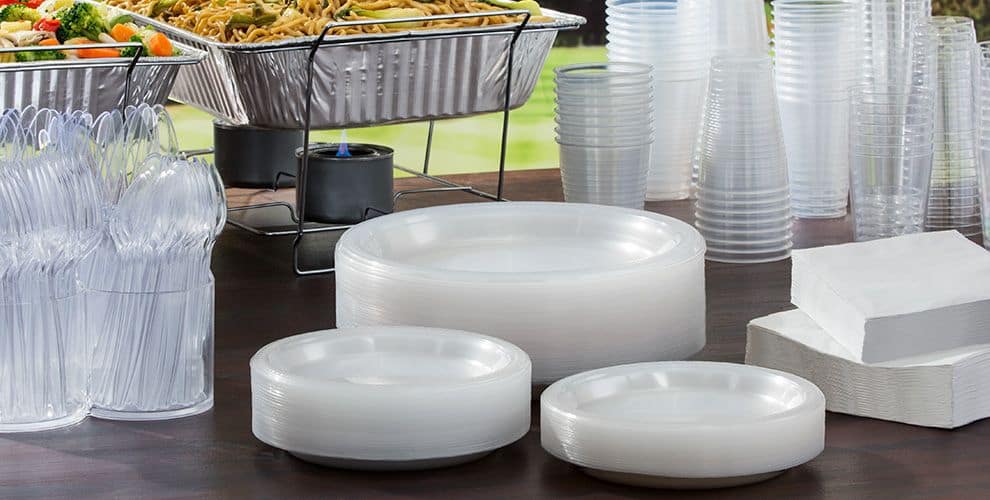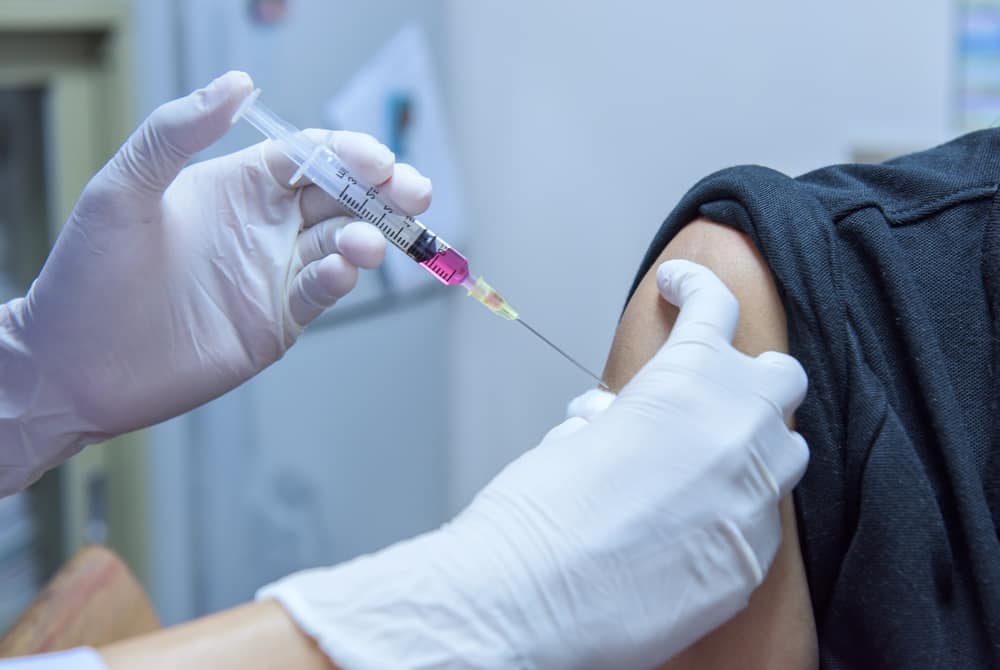Contents:
- Medical Video: BPA in Food Containers: What You Need to Know
- What is BPA plastic?
- Is BPA plastic dangerous for you?
- The danger of BPA plastic for health
- Then how do you not get bpa?
Medical Video: BPA in Food Containers: What You Need to Know
Many people recommend choosing a food or beverage container that is free of BPA plastic. Yes, maybe you have seen BPA written in a plastic drinking bottle or food container. He said, BPA plastic is dangerous for health, but what exactly is it, BPA? Is it true that BPA plastic can harm health? Find the answer here.
What is BPA plastic?
BPA (bisphenol-A) is a chemical that is added to many commercial products, including food containers and hygiene products.
BPA was first discovered in the 1890s, but chemists in the 1950s realized that it could be mixed with other compounds to produce strong and resilient polycarbonate plastic.
Nowadays, plastic containing BPA is usually used in food containers, drinking bottles or baby milk bottles and other items. BPA is also used to make epoxy resins, which are placed in layers in canned food containers to keep the metal from rusting and breaking
Even so, now many producers are turning to BPA-free products, where BPA has been replaced by bisphenol-S (BPS) or bisphenol-F (BPF).
However, recent research reports that even small concentrations of BPS and BPF can interfere with your cell function in a manner similar to BPA. Thus, even BPA-free bottles may not be the solution.
Plastic items labeled with recycled numbers 3 and 7 or letters "PC" may contain BPA, BPS or BPF.
Is BPA plastic dangerous for you?
The biggest source of BPA for humans is diet, especially food packaged in plastic containers and canned foods. Babies fed formula milk from bottles containing BPA also have high BPA levels in their bodies.
Many researchers claim that BPA plastic is dangerous, but some other researchers disagree. So, why can BPA be harmful to your body?
BPA is said to mimic the structure and function of the hormone estrogen. Because of its estrogen-like shape, BPA can be associated with estrogen receptors and affects body processes, such as growth, cell repair, fetal development, energy levels, and reproduction.
In addition, BPA may also have the ability to interact with other hormone receptors, such as thyroid hormone receptors, thereby changing the function of these hormones.
Your body is sensitive to changes in hormone levels, this is the reason why the ability of BPA to mimic estrogen can affect your health.
The danger of BPA plastic for health
When chemicals are in plastic cans or bottles, chemicals can get into food or drink in containers and move into your body when you swallow it.
People are worried about BPA's safety because of animal studies that show a link between high chemical levels with infertility, type 2 diabetes, obesity, heart disease, and high blood pressure.
In addition, BPA plastic is also dangerous for babies because it is proven to affect birth weight, hormonal development, behavior and cancer risk later on.
Meanwhile, the use of BPA plastic can also be linked to the following health problems:
- Polycystic Ovary Syndrome (PCOS)
- Premature labor
- Asthma
- Liver disfunction
- Impaired immune function
- Impaired thyroid function
- Disorders of brain function
Then how do you not get bpa?
To limit exposure to BPA material, you need to do the following:
- Do not heat, boil or insert a plastic container inside the microwave. High temperatures can cause the container to emit BPA that can stick to your food or drink.
- Check the recycling code (recycle codes) in a plastic container. If you say recycle code 3 or 7 usually shows BPA material.
- Reduce the use of canned foods.
- Use ingredients from glass or glass as a container of food or hot drinks.













